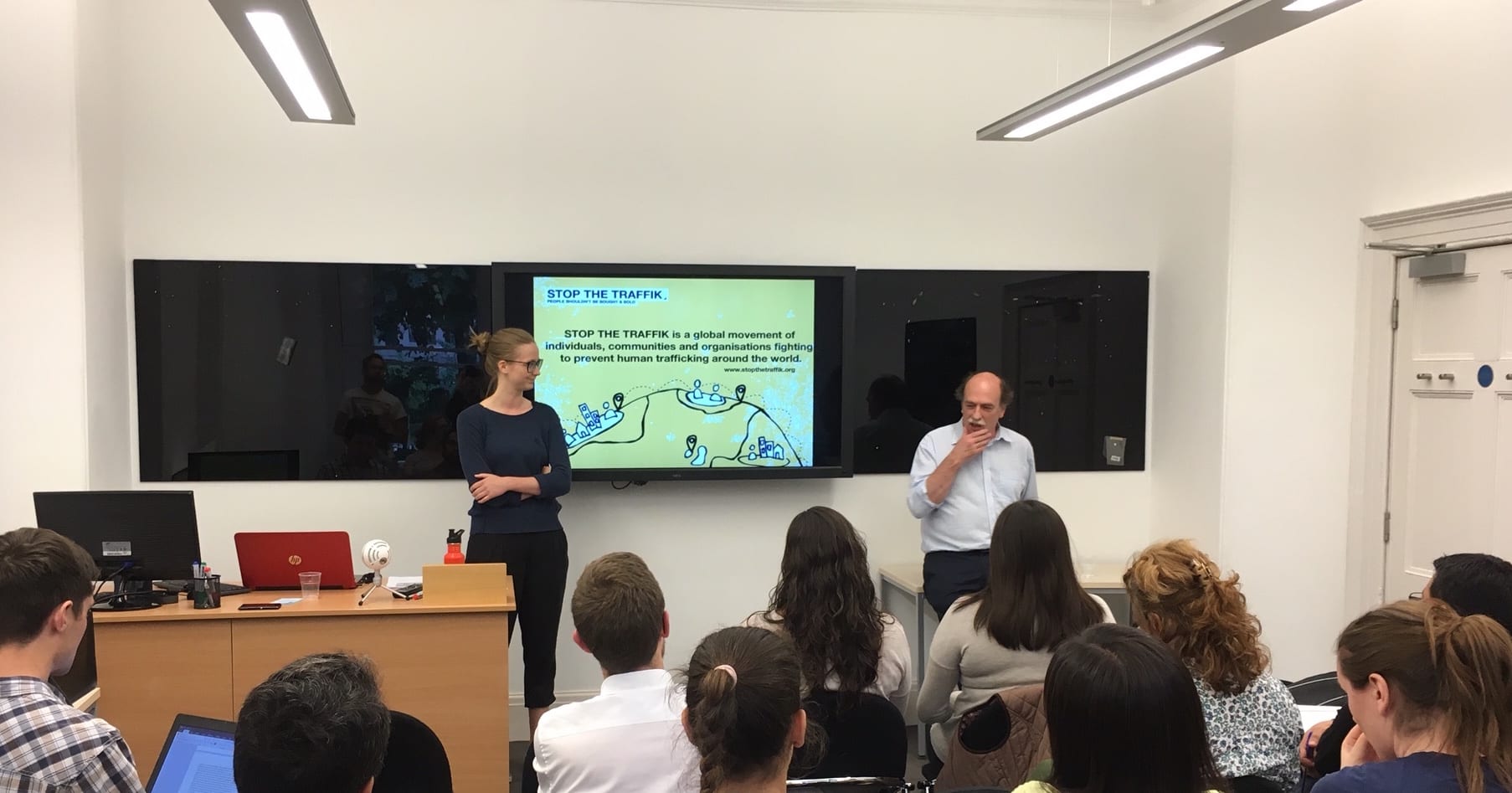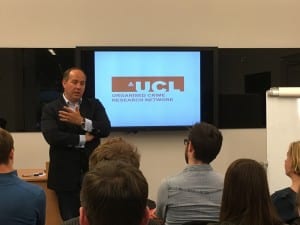Review: Using technology and intelligence to fight human trafficking
By uctzhid, on 27 July 2016
by Helden De Paz Mancera * and Ana Lorena Vigil Gomez Haro**

© Patricio Estévez-Soto
Last 26th July 2016, the UCL Organised Crime Research Network convened a seminar entitled “Using technology and intelligence to fight human trafficking”. Our guest speakers were Dr Bill Peace, and Lovisa Ladälv from the independent charity Stop the Traffik.
Stop the Traffik (STT) has a prevention approach and focuses on building resilience communities so that they may be able to recognise human trafficking practices and report them in the best way possible, without placing themselves in a dangerous situation. SST has launched three global campaigns with the aim to raise awareness on human trafficking practices in the supply chain of the chocolate, fashion and tea industries on a global scale.

© Florian Hetzel
STT’s latest project is the Stop APP, which aims to empower communities to report any suspicion of human trafficking worldwide. This information, along with that gathered from different partners, is then analysed in the STT intelligence-led prevention centre and provides analytical products such as traffickers’ profiles, criminal networks, modus operandi and hotspots. By using this type of technology and intelligence, it is possible to identify where human trafficking takes place and how it looks in order to go back to the communities and further their awareness so they may be able to prevent it from happening.

© Florian Hetzel
There is evidence that human trafficking takes place in a community, through a community, and into a community. Hence, everyone can do something to prevent it. Currently, the Stop App has different partners such as IBM, Financial Times, Facebook, Twitter, Instagram, amongst others who are becoming more involved in the fight against human trafficking. If you want to get the App in your mobile device please visit: http://www.stopthetraffik.org/uk/page/the-stop-app
*Helden De Paz Mancera is pursuing an MSc in Countering Organised Crime and Terrorism at the UCL Jill Dando Security and Crime Science Institute.
**Ana Lorena Vigil Gomez Haro is pursuing an MA in Intelligence & International Security at King’s College London.
The views expressed in this blog post are the authors own and do not necessarily represent the views of UCL, the Department of Security and Crime Science or the UCL Organised Crime Research Network.
 Close
Close





